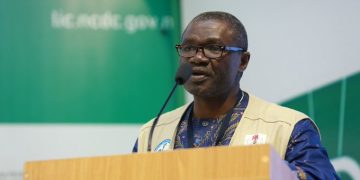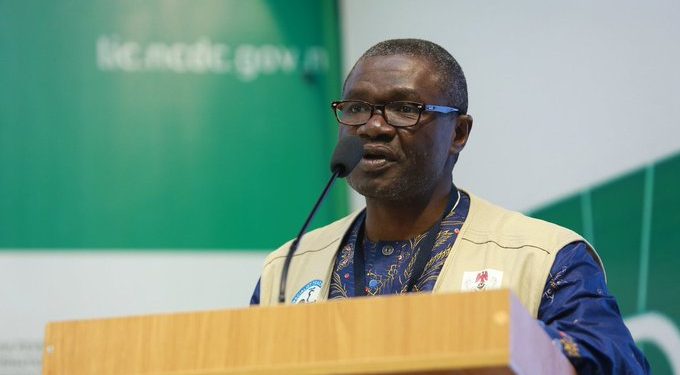Prof Christian T. Happi, the Director of the African Centre of Excellence for Genomics of Infectious Diseases (ACEGID) and Redeemer’s University, has said Africa needs to refocus its priorities and channel more wasted resources to the health sector.
“This would change the begging narrative for funds,” he said Tuesday while speaking during a panel discussion on “Moving from leadership to partnership for sustainable global health” moderated by Walter Mwesigye, NTV Producer and Health Reporter, at the Kampala Geopolitics Conference held at Makerere University.
Happi, a Professor of Molecular Biology and Genomics, believes partnerships are very important in the African context. “So far, we depend a lot on aid. We need to come together as Africans and forge African solutions for African problems.”
According to him, partnerships should be based on equity, where all parties bring something of value to the negotiation table. “Africa depends on the rest of the world for diagnostics, vaccines, and research. We need to cap the brain drain and invest more in coordinated African research to facilitate self-reliance in the health sector of Africa.”
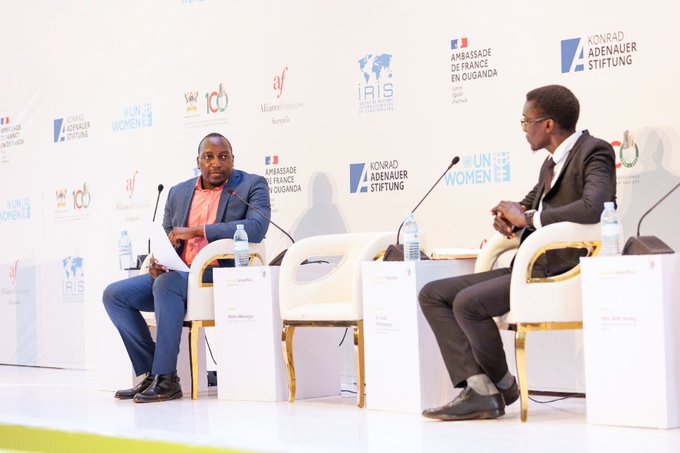
He cited a need for a critical mass of well-trained doctors who are Africans to come back home and work together in research to fast-track the movement to sustainable global health in Africa.
“We have to break down the barriers and we need to stop working in silos. We have done worse than the colonialists, we have made the borders tighter. Africa needs to check its priority, we spend too much money living lives that are not ours, and driving expensive vehicles.”
According to Prof. Happi, the problem in Africa is not poverty but lack of priority.
“We need to think about solving our problems ourselves. Until we sit down and do our homework and take our destiny into our hands, we can’t talk about partnership. Why are we not developing these drugs in Africa? It is because we have failed to develop the African Agenda,” he pointed out.
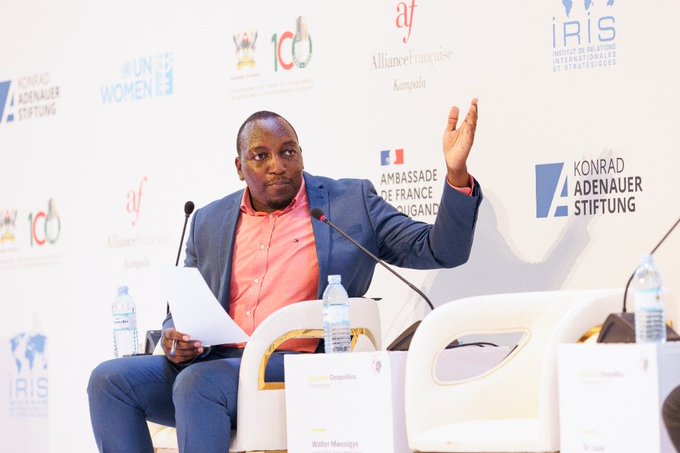
He added: “Partnership requires you to give, not just receive. Until you understand that as a people, we cannot make progress because we are refusing to transform what we have because we (Africans) are not speaking to each other. We have all it takes for us to make the vaccines. We have everything it takes to succeed.”
Mwesigye, the moderator of the discussion, said: “For us to achieve universal health care, research says we need to recruit an additional 13 million health care providers worldwide. Are we ready as Africa to join the shift to Universal health care?”
“Once upon a time, we thought Ebola was about 1000kms away in DRC but here we are battling an Ebola outbreak. Is Global health still defined by physical boundaries?”
In response, Kamulegeya Loui, the Projects and Research Manager at Rocket Health Uganda said in 2019, people thought COVID-19 would not reach Uganda but in 2020, COVID-19 was at “our doorsteps”.
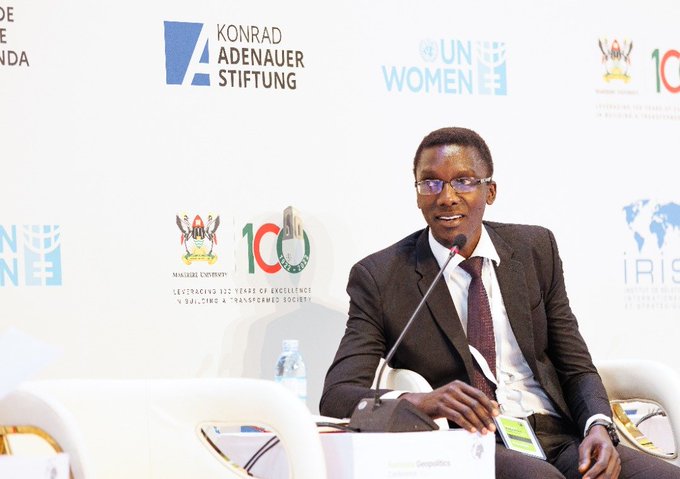
To him, global health can no longer be defined by physical boundaries but rather by research or medical partnerships should the global health narrative.
“As community members, there are challenges with the stigma of global health diseases. This makes patients shy away from health services which worsens the spread. This widely affects the preparedness of healthcare providers in managing new diseases,” Kamulegeya explained.
He said it is important to have funding agencies align their funds with the strategic aims of the Ministry of Health and that in this way, the funds can be fully beneficial to the end beneficiaries.
